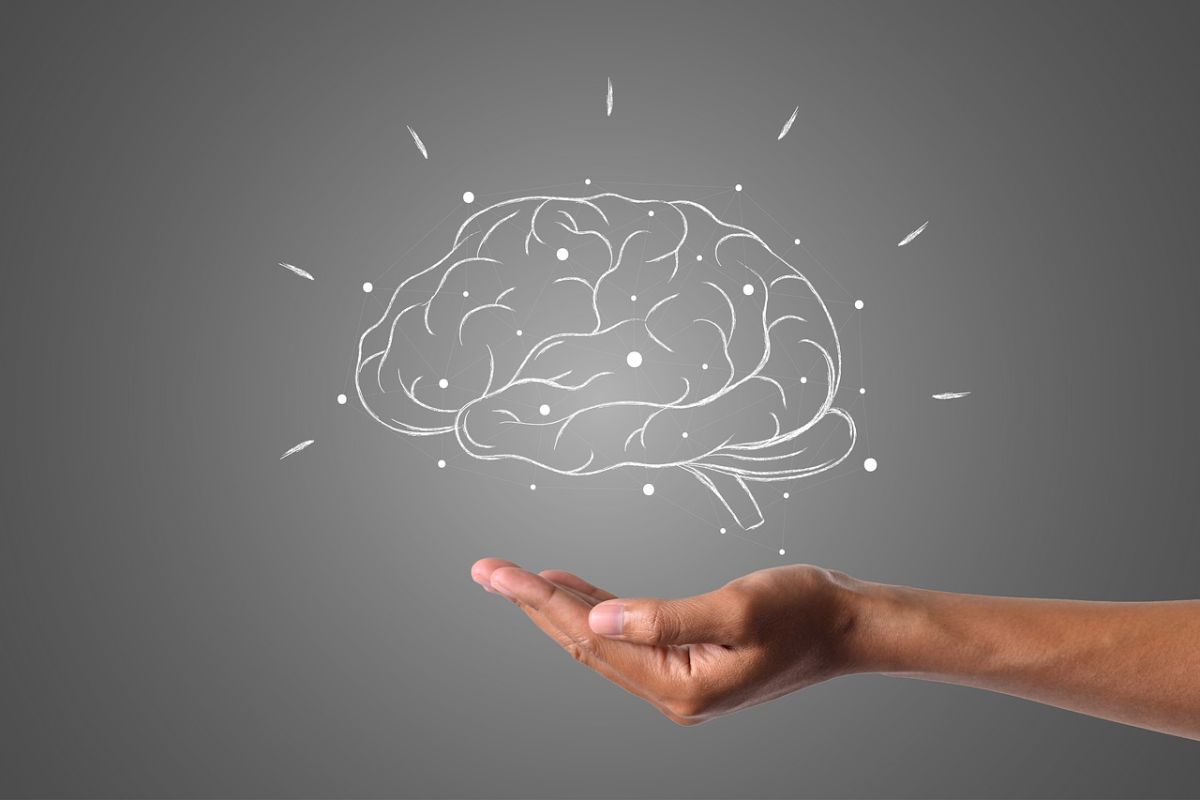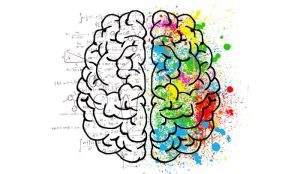The brain is an incredibly complicated organ, it’s also the most important organ in your body. Your brain processes all the signals sent to it, including hunger, pain, and emotion. It then sends the right signals to the various parts of your body. The aim is to help resolve the issue.

Alongside this, it manages all your everyday functions, such as breathing. Of course, most people take their brains for granted until there is an issue with them. But did you realize that your brain has a direct effect on addiction?
The Genetics of Addiction
Studies have been completed that expose identical twins to the same stimulus but don‚Äôt always result in addiction. In fact, approximately 50% of the time an addiction occurs, suggesting a genetic link.¬Ý¬ÝBut, there is more to it than that.
To understand addiction and how drugs react with your body, you need to develop a deeper understanding of your brain.
The Brain Is Three Parts
Your brain weighs approximately 3pounds and sits in your head, protected by the skull. It has many different parts but the main three components are:
- Brain Stem
This controls your daily functions, the ability to breathe, your heartbeat, and even the digestion of food. This part of the brain is also the link to the rest of the body, via the spinal cord. It receives and emits signals to understand the state of your body.
- Limbic
Your emotions are controlled in the limbic section of your brain. It responds to all stimuli but pays particular attention to anything that feels good, encouraging you to repeat the action.
- Cerebral Cortex
The cerebral cortex makes up three-quarters of your brain and is split into a further four areas. This allows you to process information and think.
Addiction Issues
Addiction is a recognized medical condition and one that can be treated, you‚Äôll need to consult with a reputable brain surgeon¬Ýto discover the options available to you.
The key issue is the over-stimulation of the limbic zone. This area is naturally stimulated by drugs, alcohol, and other addictive items. They react with your body and cause a rush of endorphins. However, these are actually a chemical release which is slightly different to your usually ‘high’. It’s this that gives you the drug-induced high.
Unfortunately, it confuses your brain and it craves the same pleasure. This is usually a vital survival tool as essential events, such as eating, are connected with pleasure. This allows your brain to pre-program the activities and ensure they are done without conscious thought.
Unfortunately, when addictive substances hijack this part of the system the response is a craving for the addictive substance.
Dealing With Addiction
If you stop the addiction your brain will react as it believes the pleasurable experience is needed for your survival. This is why it is better to wean yourself off drugs slowly. However, because your body is craving the drugs this is very difficult to do by yourself, you need professional help.
The bottom line is that a more sensitive limbic system is more likely to lead to an addictive personality.¬ÝHowever, research is still ongoing to establish a better connection and potentially a way to prevent the issue.
Until then, people with addictive natures need to be careful about what they consume and make sure they get prompt help when needed.



Leave a Reply